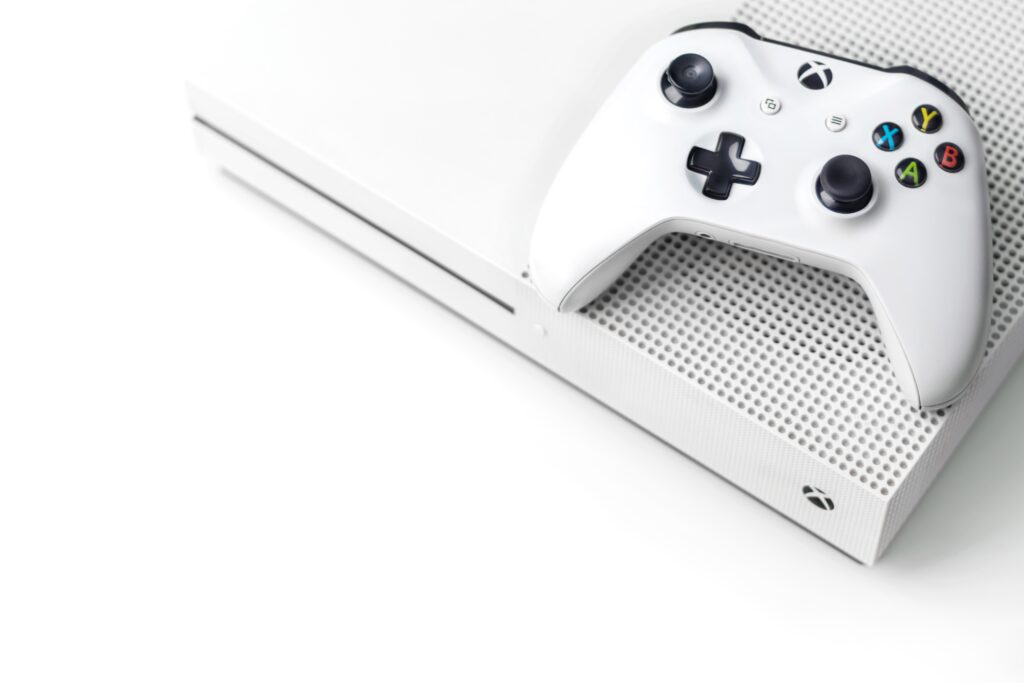Microsoft has implemented significant price increases for its Xbox consoles worldwide, attributing the hike to rising development costs and shifting global market dynamics. The Xbox Series S now costs £299.99 in the UK, with a £50 increase, while the Series X price increase ranges from $100 to $130 in the United States. Consumers in Europe and Australia are also facing price hikes, as the company adjusts its pricing strategy to reflect the changing economic landscape.
Xbox Prices Surge Amid Rising Development Costs
In a move that has caught the attention of both gamers and industry experts, Microsoft has raised the prices of its Xbox consoles globally. The Xbox Series S, now priced at £299.99 in the UK, has seen an increase of £50, while the Series X in the United States now costs between $100 and $130 more, depending on the model. International markets are also feeling the pressure, with price hikes of €80 for the Series S in Europe and an additional $50 in Australia.
Microsoft has cited rising development costs and shifts in the global market as the primary reasons for these price adjustments. However, the move comes at a time when other economic factors, including tariffs and inflation, are contributing to the overall cost increase for tech products.
Economic Pressures and U.S. Tariffs Impact Prices
The timing of Microsoft’s price increase has raised concerns amid ongoing global discussions surrounding U.S. tariffs. While the company has not explicitly linked tariffs to the price changes, industry analysts suggest the connection is highly plausible. A game developer and studio founder remarked that the price surge felt “unavoidable” and speculated that it was partly driven by recent tariff instability.
This situation is likely to have an impact on gamers, many of whom will bear the brunt of these rising costs. Analysts predict that Microsoft’s already modest Xbox sales could take a hit, and the price adjustments could spark a chain reaction across the gaming industry, with other companies possibly following suit with similar price hikes.
Factors Contributing to the Price Increase
Several factors have contributed to the decision to raise Xbox prices. A gaming industry analyst highlighted that manufacturing components in China makes tariffs an obvious consideration. However, he also pointed out that inflation, currency fluctuations, and rising business costs have played a significant role in putting additional pressure on companies like Microsoft.
The analyst emphasized that the console gaming market has seen little growth in its user base over the past two decades, despite increasing hardware and development costs. Even modest price increases, such as those caused by tariffs, can drastically affect console profit margins, making price hikes more difficult to absorb.
The Shift from Traditional Price Drops to Price Increases
Historically, the price of gaming consoles tends to drop over time. However, this trend has been reversed with the latest generation of consoles. For instance, Sony’s PlayStation 5, which launched at £360 in the UK in 2020, now sells for £429.99. This change has signaled a shift in the pricing structure within the gaming industry.
Adding to the concerns, Microsoft has also revealed that some upcoming first-party Xbox games could cost as much as $79.99 starting in 2025. This price point matches that of Nintendo’s upcoming Mario Kart World release, though Nintendo offers a digital version of the game at a lower cost.
Unlike Nintendo, which offers a more flexible pricing model for digital and physical games, Microsoft has confirmed that the new $79.99 price will apply equally to both digital and physical formats for its future in-house titles. However, the company assured that current game prices would remain unchanged for the time being.
Regional Pricing and UK Impact Remain Unclear
Microsoft has declined to comment specifically on potential price increases for future releases in the UK. The company did clarify that pricing will continue to vary by region and platform, meaning that UK consumers may face different price adjustments compared to other markets.
As the economic landscape continues to evolve, gamers and industry insiders alike are watching closely to see how these price increases affect both consumer behavior and the wider gaming market.
The global price increases for Xbox consoles reflect broader trends in the tech industry, driven by rising production costs, tariffs, and economic instability. While Microsoft has justified the move based on rising expenses, the impact on both gamers and the gaming market remains to be fully seen. As gaming companies navigate these economic challenges, consumers will need to adjust to higher costs for both consoles and games in the near future.
